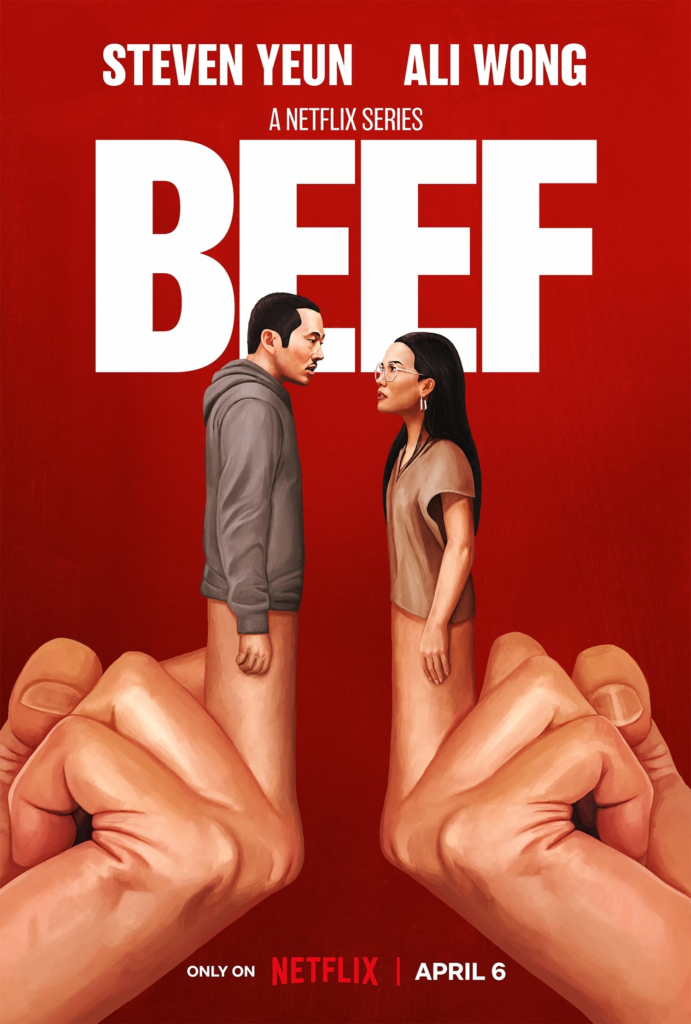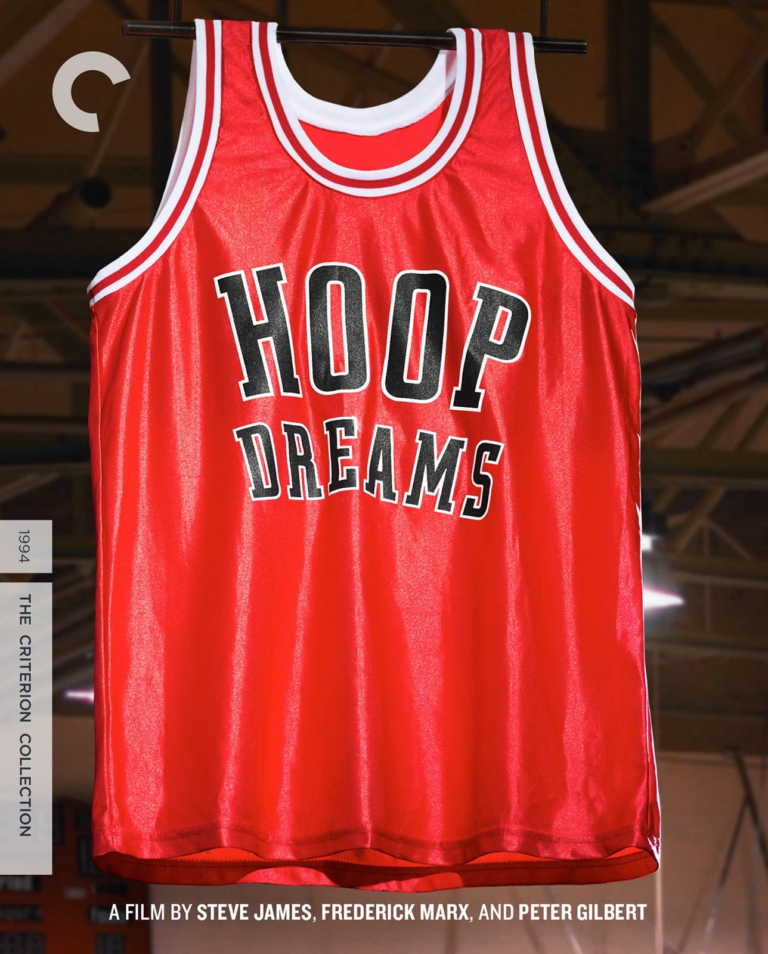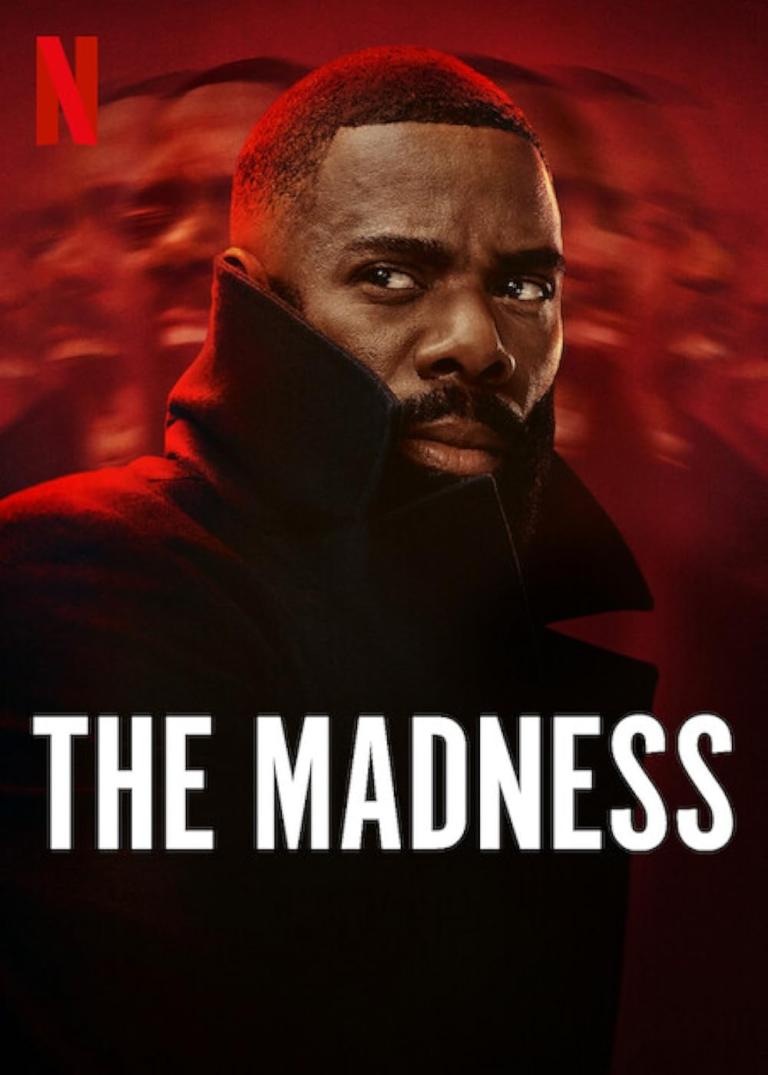Beef Christian Review

Road rage. We’ve all been there, right? The car cuts you off. The guy behind you won’t stop tailgating. The minivan in front is going just slow enough to be maddening. You feel the surge of anger, that flash of “what are you doing?!” But most of us, well, we move on. Maybe we mutter under our breath, shake our heads, but then we drive on and let it go. Except… what if you didn’t? What if that moment of blind fury snowballed into something much bigger, darker, and uncontrollably life-altering? That’s what happens in Beef, a show that’s equal parts dark comedy, social satire, and existential meltdown.
From the jump, Beef grabs you by the collar and yells in your face—no subtlety, no politeness, just raw, unfiltered emotion. The incident that kicks it all off is almost absurd in its mundanity: Danny Cho (Steven Yeun), a struggling contractor, and Amy Lau (Ali Wong), a successful entrepreneur, have a brief but explosive road rage encounter in a parking lot. Windows down, middle fingers up. But rather than ending with a slam on the brakes and a mutual “jerk!” these two strangers let that initial, primal rage consume them, turning what should’ve been a fleeting annoyance into a full-scale, all-out war.
Anger as a Character: The Unseen Villain
Anger is practically a third protagonist in Beef. It looms and lingers over every scene, whispering to the characters, pulling their strings. This show isn’t about good guys or bad guys—Danny and Amy are both deeply flawed, making horrible choices at every turn. They lash out at each other, but also at themselves. Their obsession with revenge becomes a stand-in for every other frustration and disappointment they’ve buried over the years. It’s a twisted, visceral dance between two people who, at some level, might have been friends if they hadn’t first met as enemies. And that’s what makes it so engrossing.
Steven Yeun and Ali Wong are electric in these roles. Yeun plays Danny as a man constantly teetering on the edge of despair, clawing at the walls of his own life, trying to find a way out. Wong’s Amy, by contrast, is seemingly in control, but just as deeply unhappy, her success an empty shell covering a seething dissatisfaction. They’re both trapped, driven by different demons, but both ultimately lost.
Who’s Really Driving?
Beef isn’t just a tale of two angry people. It’s a biting, almost uncomfortably honest look at the myriad ways anger manifests in our lives. For Danny, the anger is external. He’s lashing out because the world hasn’t given him what he believes he deserves. He’s the underdog, the guy who’s always falling short, no matter how hard he tries. For Amy, it’s internal. She’s made it, but now what? Her life is a beautiful house of cards, one breath away from crumbling, and she’s suffocating under the pressure of her own success. They both want something: for things to be different. For someone else to feel their pain.
And as their feud escalates, we start to see that it’s not really about the parking lot incident anymore. It’s about everything else—every missed opportunity, every unfulfilled dream, every resentment they’ve ever nursed. They’ve both built these personas around being in control, around projecting an image of strength and power. But underneath, they’re flailing. It’s almost Shakespearean in the way their flaws lead to their downfalls, except this time it’s not tragic love or a crown at stake—it’s just the desperate need to be heard, to be seen, to make the other person hurt as much as they do.
Comedy and Catastrophe: A Fine Balance
Beef is dark, no doubt. But it’s also sharply, painfully funny. The comedy isn’t slapstick or light-hearted; it’s the kind that makes you wince while you laugh. Watching these two characters destroy their lives (and the lives of those around them) is almost cathartic, like watching a train wreck in slow motion. You can see where it’s headed, but you can’t look away. The show’s humor is rooted in this feeling of inevitability—that these people are going to keep making bad choices, even as they know they’re making them. It’s both hilarious and heartbreaking, sometimes in the same breath.
Yet, what sets Beef apart from other “dark comedies” is that it doesn’t feel cynical. There’s real pain here, real stakes. As the episodes unfold, we start to see the cracks in Danny and Amy’s facades. We see the moments when they almost, almost reach out, almost stop, almost change. But then the anger takes over again, pulling them back into the cycle of destruction. It’s a brutal dance, and one that’s far too familiar to anyone who’s ever let their emotions get the better of them.
A Reflection of Society’s Unspoken Rage
At its core, Beef is about more than just Danny and Amy. It’s a reflection of the simmering anger that so many people feel but rarely talk about. Road rage, online trolling, workplace blowups—these are just symptoms of a deeper issue. We’re all a little bit angry, a little bit frustrated, a little bit lost. And Beef taps into that collective rage with an unsettling precision.
It’s no coincidence that both main characters are Asian-American. The show smartly weaves in issues of identity and cultural expectation without making them the focal point. Danny and Amy’s struggles are deeply personal, but they’re also tied to broader social pressures—to be successful, to be happy, to be “good” representatives of their community. The show doesn’t make this explicit, but it’s there, simmering under the surface, adding another layer to their already complex dynamic.
Grace Amidst the Chaos
For Christian viewers, Beef is a challenging watch. It’s messy, profane, and often deeply unsettling. There’s no neat resolution, no clear moral takeaway. But there is something deeply, painfully human about it. The Bible warns us about the dangers of unchecked anger—how it can fester, take root, and lead to destruction. Watching Danny and Amy’s descent is like watching a modern-day parable of what happens when you let your anger become your god.
But there are also moments of grace, fleeting as they are. Moments when you see the humanity in both characters, when you see them not as angry people but as hurt people. It’s a reminder that anger, at its core, is often a mask for pain. That behind every outburst is a story of disappointment, of loss, of longing. The show doesn’t offer easy solutions, but it does challenge us to look deeper—to see the person behind the rage.
Final Thoughts and Rating
So, is Beef for everyone? Probably not. It’s intense, uncomfortable, and at times downright bleak. But it’s also one of the most compelling, thought-provoking shows of the year. It’s a show that demands your attention, that asks hard questions and doesn’t shy away from messy answers. For Christians, it’s a sobering reminder of the destructive power of anger and the emptiness of chasing revenge. But it’s also a testament to the possibility of grace, even in the darkest of places.
I’d give it an 8 out of 10. It’s not perfect—some of the plot twists can feel a little too outlandish, and the intensity might turn some viewers off. But it’s bold, raw, and unflinchingly honest. And in a world full of sanitized, feel-good TV, that kind of authenticity is worth celebrating.







